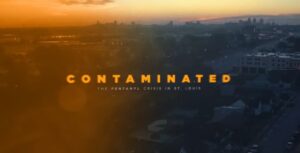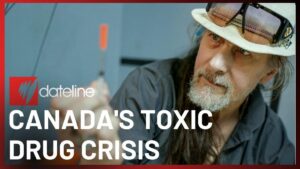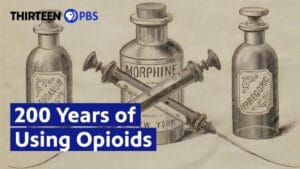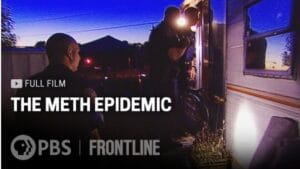The Story Behind: Fentanyl (3 Part Series)
This three-part series, presented by RogersTV, delves into the opioid and fentanyl crisis and its widespread impact on communities across Ontario, Canada. The first video provides essential background, explaining what fentanyl is and how it has insidiously infiltrated neighborhoods. A local police officer emphasizes that “the misuse and abuse of fentanyl is a shared responsibility — it’s a public health issue that involves education, intervention, treatment, and enforcement.”









